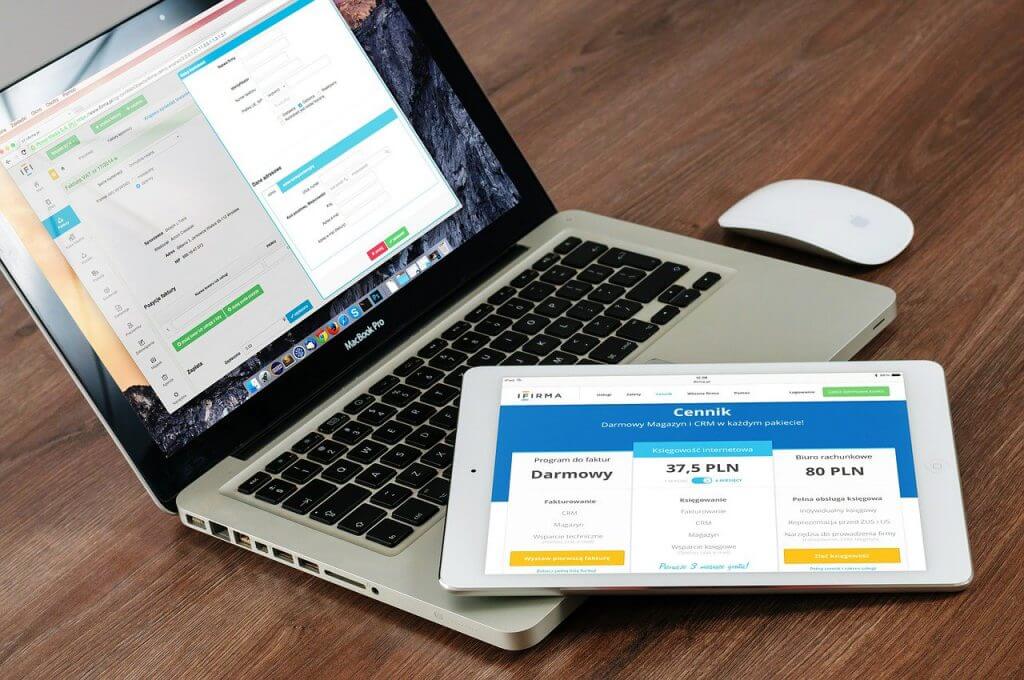
Ways to increase the security of your website :
Hacker attacks across the web are getting more sophisticated every day – after all, they have to. With the increased sophistication of anti-virus protection, firewalls, and application-based updates, hackers who want to stay in business have needed to get more creative. And they have, responding with increasingly sophisticated attacks that have forced the online security industry to scramble to keep up.
So how do the hackers stay ahead of the security experts? One reason is obvious – if they didn’t, they’d be out of a job. Another reason is institutional – a lone hacker working in a basement will be more innovative and faster-moving than a large software company, thus more likely to come up with effective hacks.
However, I’d argue that the factor that plays the biggest role in the continuing success of hackers is a lack of awareness and vigilance on the part of software users and website owners.
Sorry to say, but it’s people who use “password” as their password for everything and those who have two-year-old antivirus software that emboldens hackers. If everyone was more committed to protecting their own data, then hackers would have a much harder time. As it is, so many people are blissfully unaware of their own vulnerability that, for hackers, it’s a numbers game – try enough websites, and eventually they’ll find a vulnerable one to exploit. But that site doesn’t have to be yours!
SeeKNEO is a Website Design provider, we offer the cheapest website design in India, web design services in Bangalore, best Digital Marketing in India, Mobile apps services, best Web Development, top web applications, data center services in Global, website Design, Digital Marketing.
Here are 10 effective ways to thwart the best efforts of hackers:
Website Security Tips
Keep Your Versions Updated
This is one of the simplest ways to stay a step or two ahead of the hackers. By downloading the newest versions and updates of Windows, WordPress, and your antivirus platform, you can make your applications or website just tough enough to crack. That way, hackers won’t bother with your site and instead move on to some other site whose owner hasn’t been as vigilant.
Beef Up Your Passwords
Ok, it’s 2011. The web’s been around for some time now. Isn’t it time you changed your password from your spouse’s name, “123456” or the dreaded “password?” If this past year taught us nothing else, it’s that people are surprisingly lax when it comes to choosing passwords for even their most sensitive accounts.
Pick strong ones and use different ones for your banking info and email, your cPanel, and your FTP accounts – otherwise, your info and your site are vulnerable.
Lock Down Your File Permissions
Do you know what your file and folder permissions are set at? Some applications require them to be set at the open “777” to install, and then most of us forget to set them back to either “755” for folders or “644” for files. Double-check yours to make sure.
Mind Your Links
Do you really know what kind of site you’re linking to from your site? According to experts, so-called “open redirects” are a major cause of attacks that are perpetrated through browsers. We all know what happens when we click on a bad link; now imagine what the result will be when you put a bad link on your site. It’s always best to trust completely any site you link to.
Use FTPS For Transfers
With this handy tool, all your FTP transfers are done using SSL. In fact…
Use SSL To Send Emails
Use this especially if, somewhere in any of your millions of untrashed emails, you’ve ever sent sensitive info via email.
Make Sure Your Web Host Runs suPHP
Under normal PHP, scripts run as “nobody,” your script is open access. With suPHP, access is limited to the user or to that explicitly granted permission. Not all hosts use suPHP, so make sure your host does and set up another potential roadblock for hackers.
Speaking of Hosts
Not all hosts are the same when it comes to ensuring your website’s security. Not all offer round-the-clock active server monitoring, or even suPHP (see above), so choosing a host that takes your security seriously takes a little legwork.
Look Beyond Shared Hosting
If your website is your livelihood, then it might be the case that no amount of security talk and password strength can make you feel safe enough. If your site is critical to your operations, then you might want to consider VPS hosting so that you can have peace of mind.
A VPS is inherently more secure due to its separation from other sites, and you can create custom firewalls and install other security measures that most hosts won’t allow on shared accounts. Basically, a VPS allows you to take a more active role in your website’s security.
Be Savvy
If you know what you’re looking for, then you’re making a hacker’s job more difficult. Most hackers, if they come across a site that’s locked down tightly, would just as soon move on to another that offers easier access. You can make your site not worth the trouble by regularly scanning your log files for code that doesn’t belong, not installing suspicious WordPress plugins, and basically just being aware of what’s going on inside your site.
These 10 tips are just the basics, really – they’re a way to get everyone thinking about all the factors that go into running a secure site. If you make it a habit to keep your eye on things and keep everything up to date, then you’re a much less attractive target to hackers than many other site owners out there.